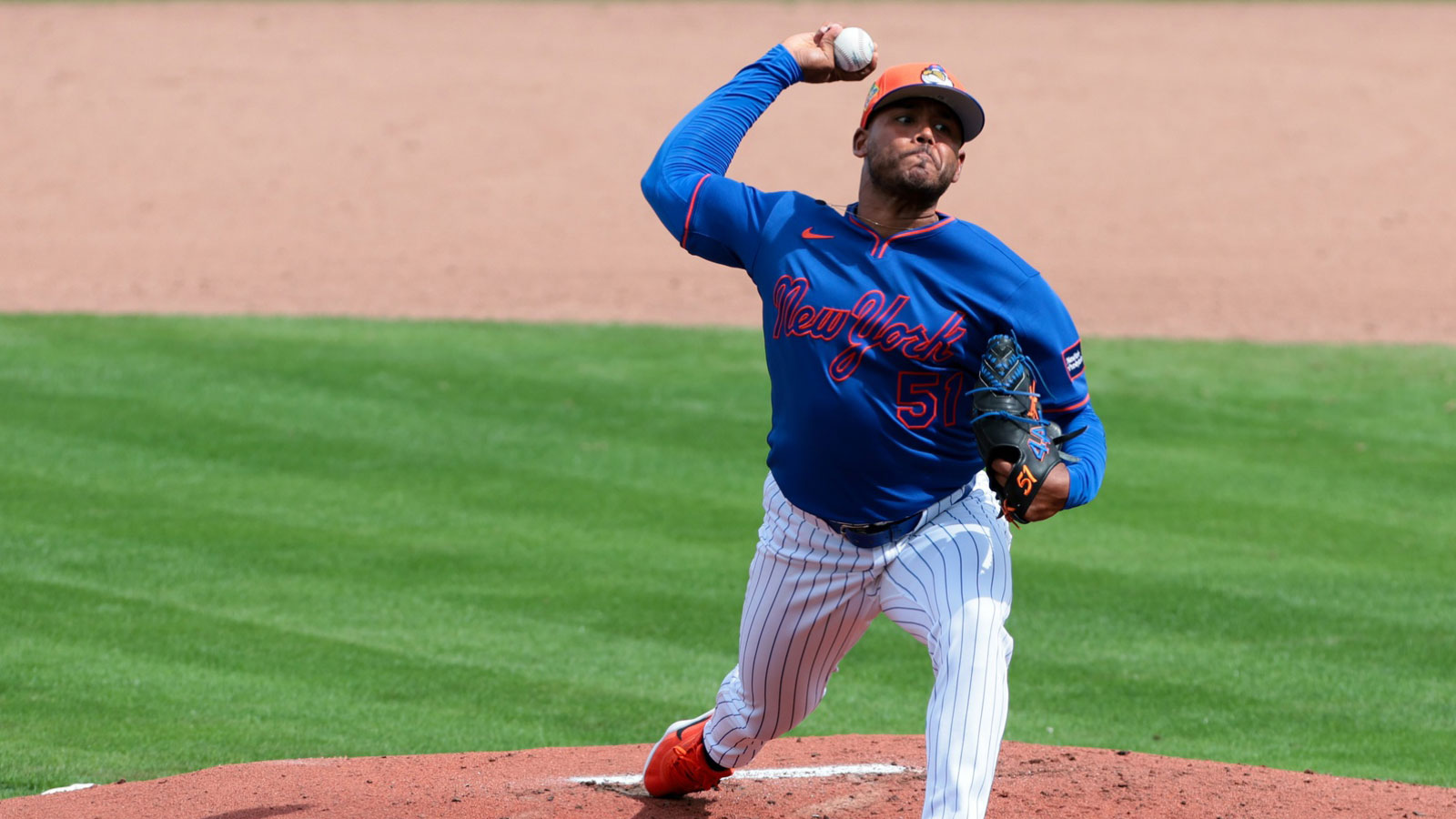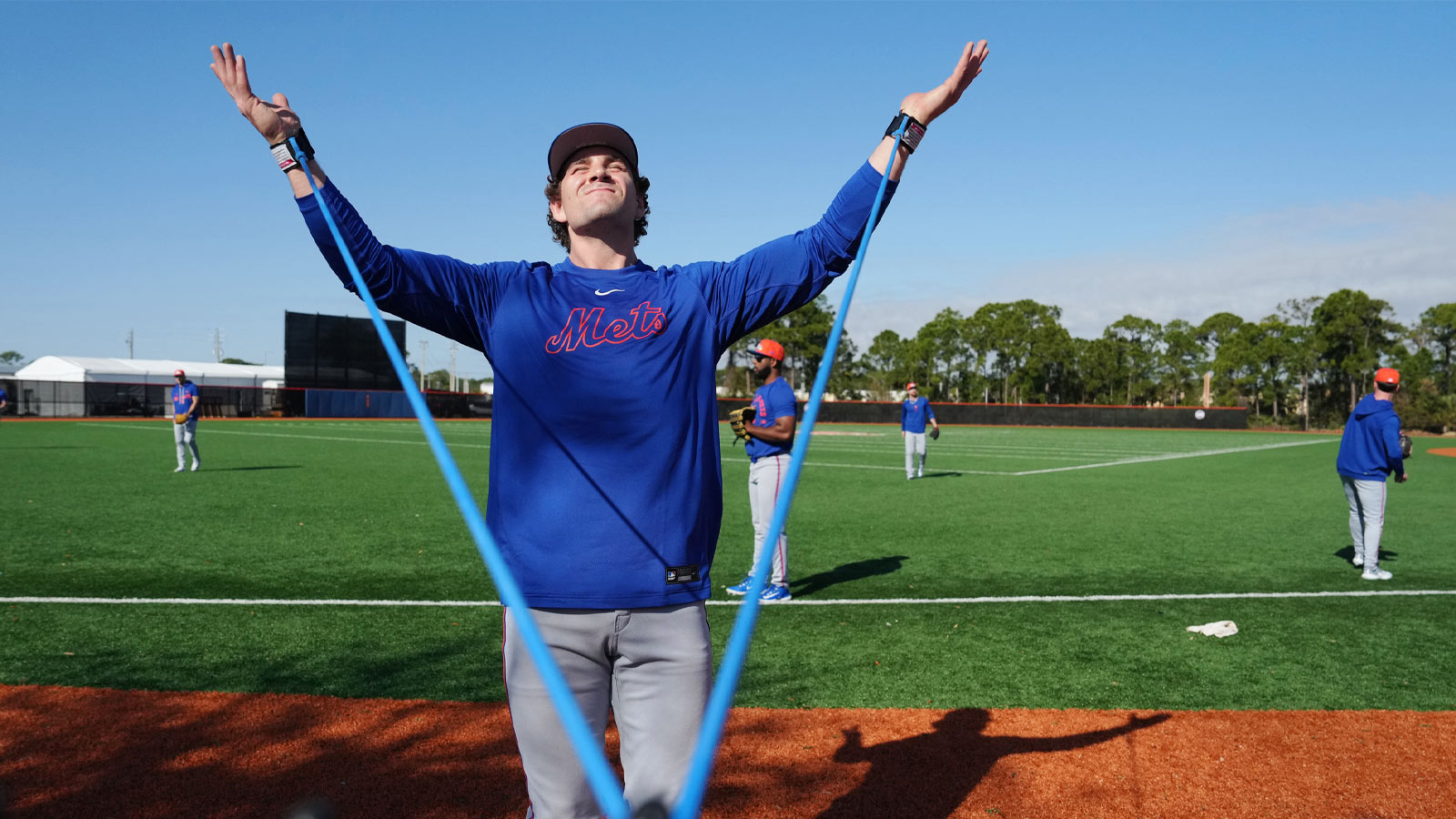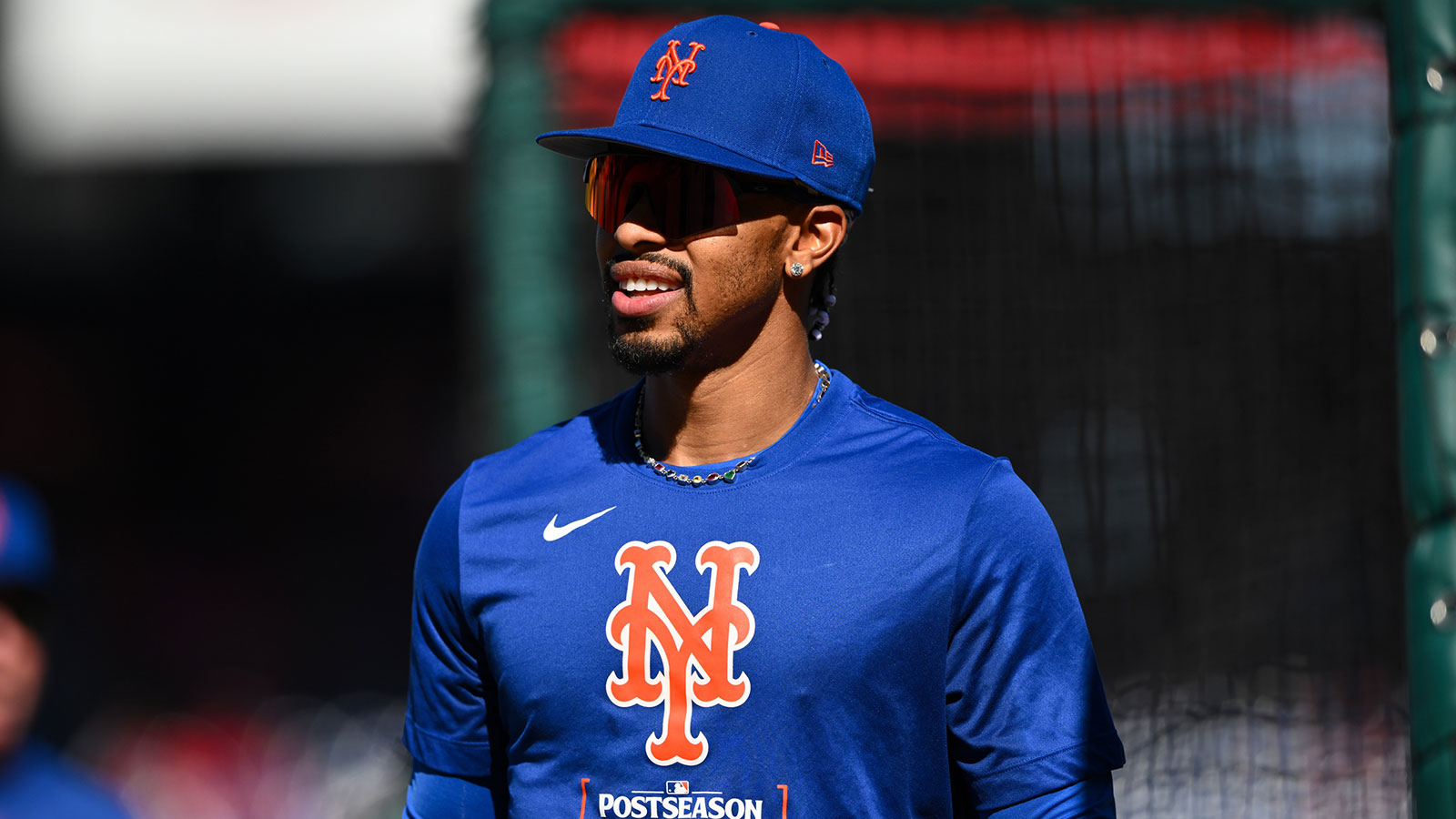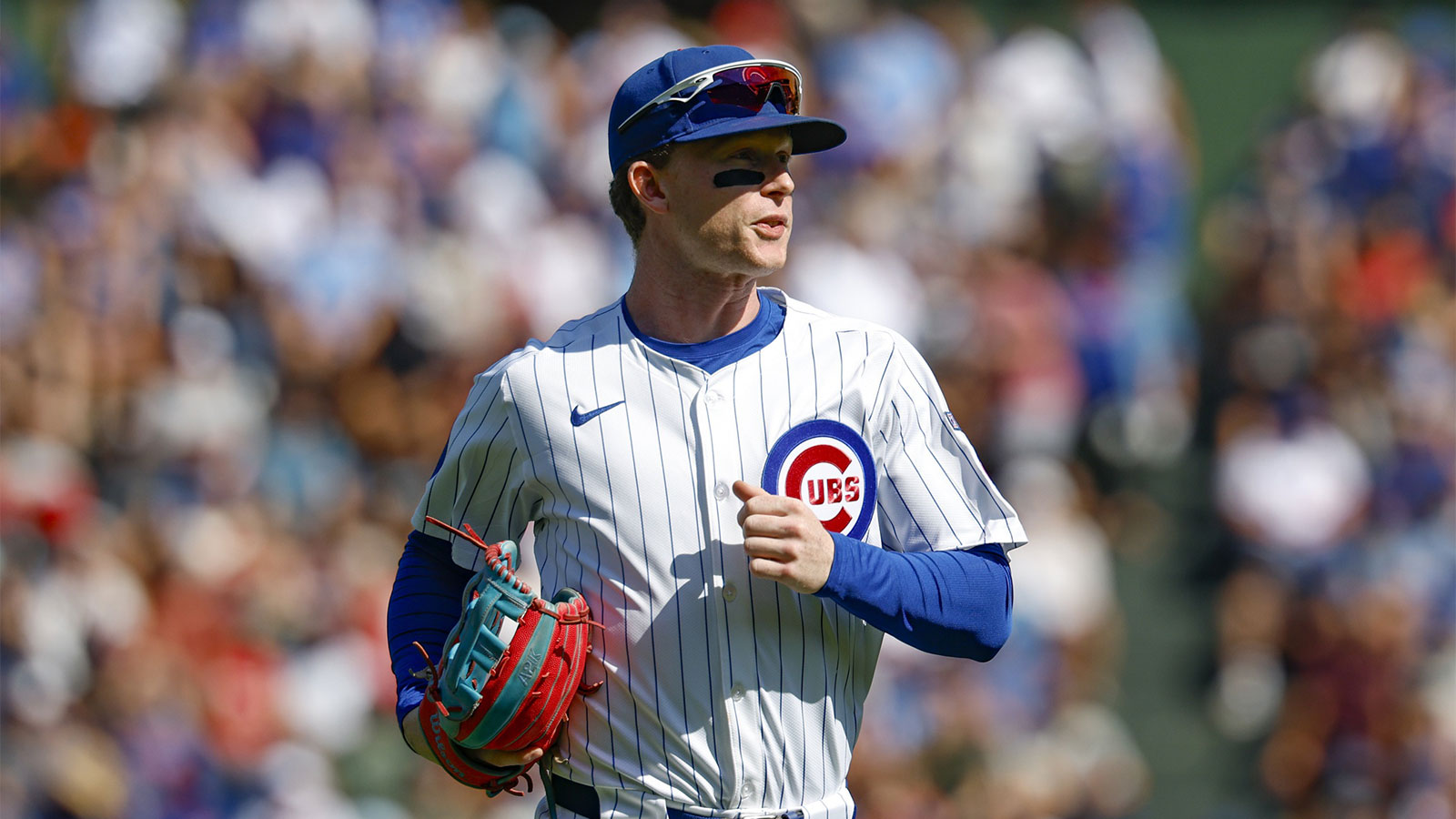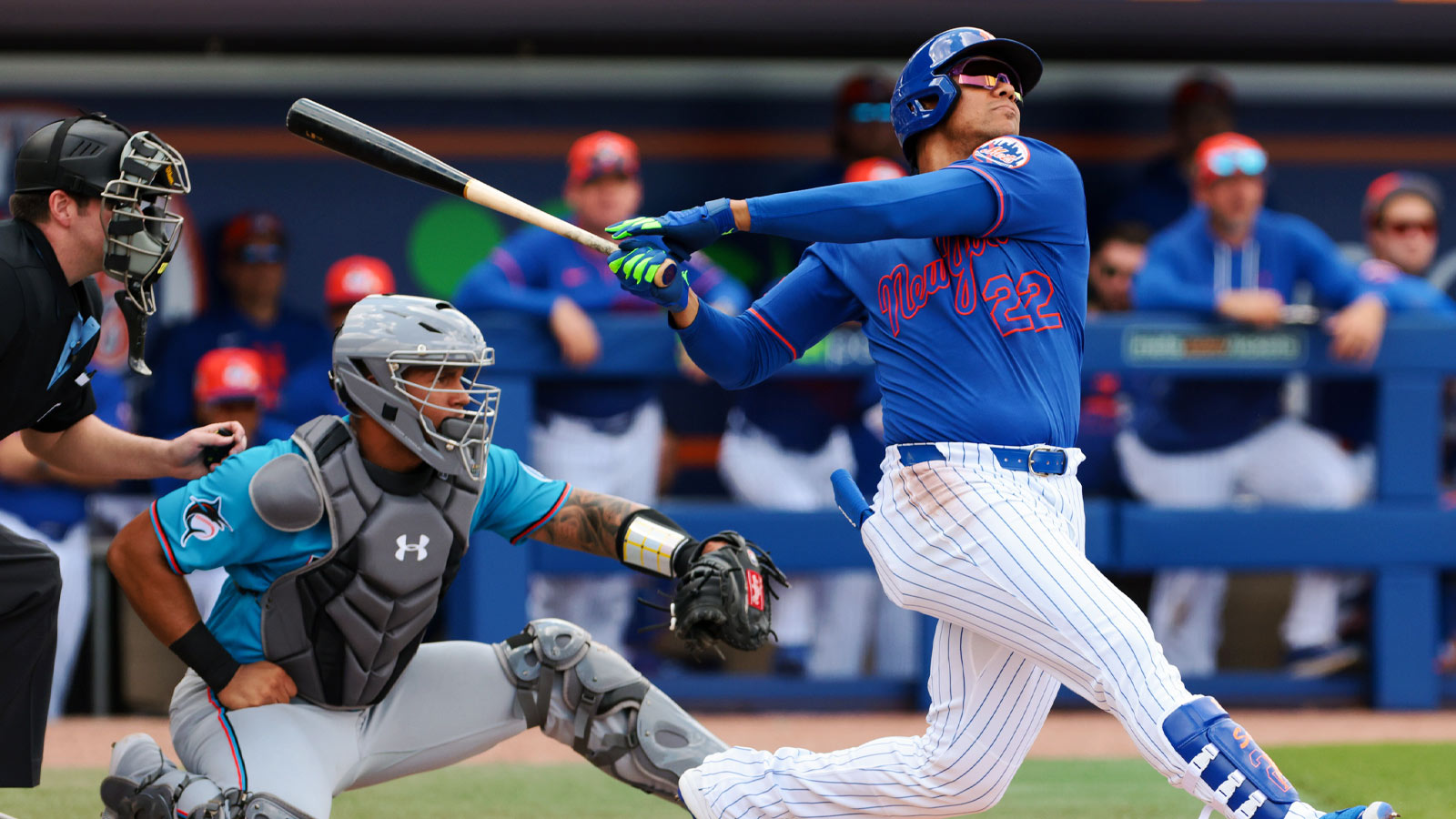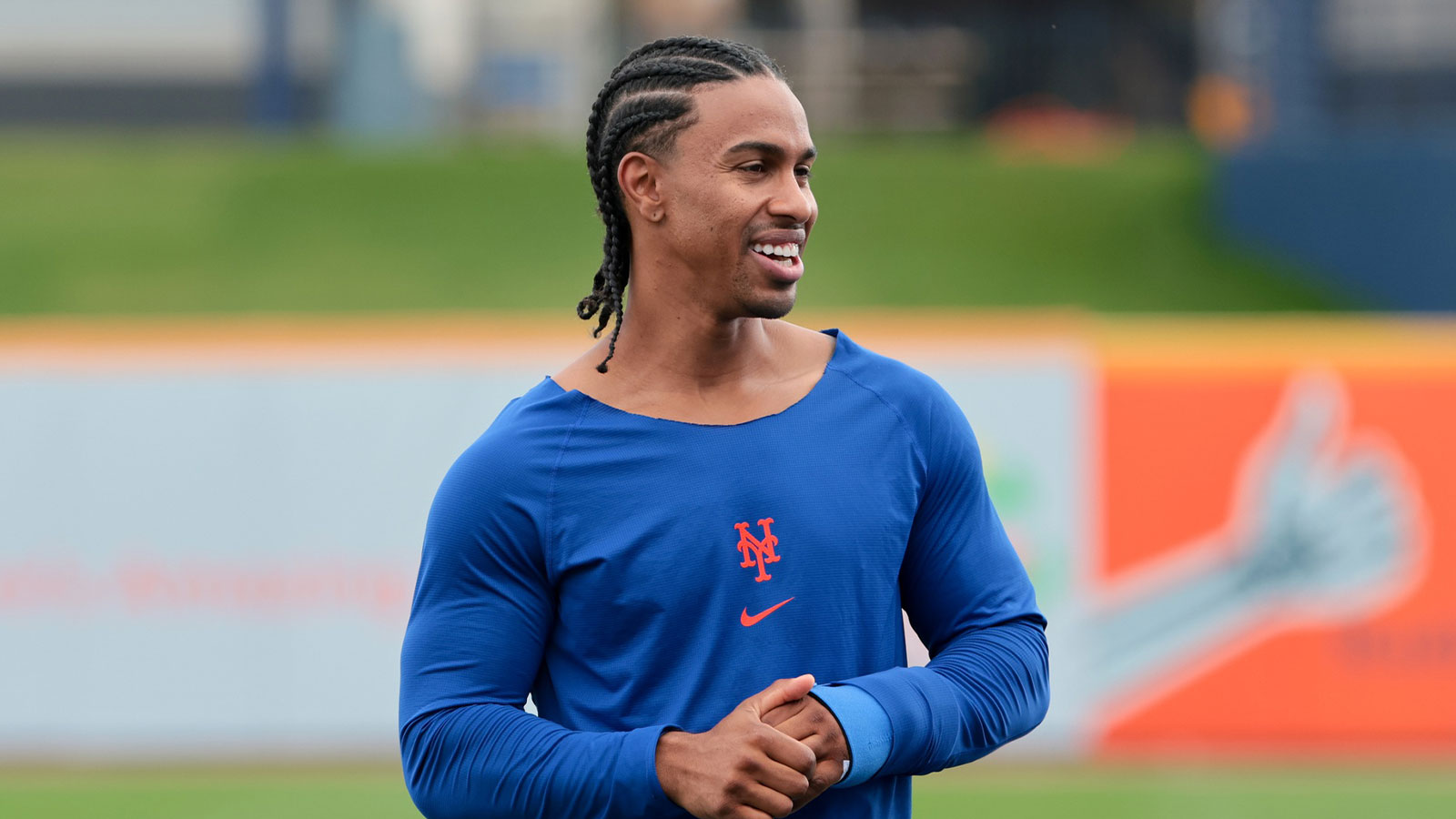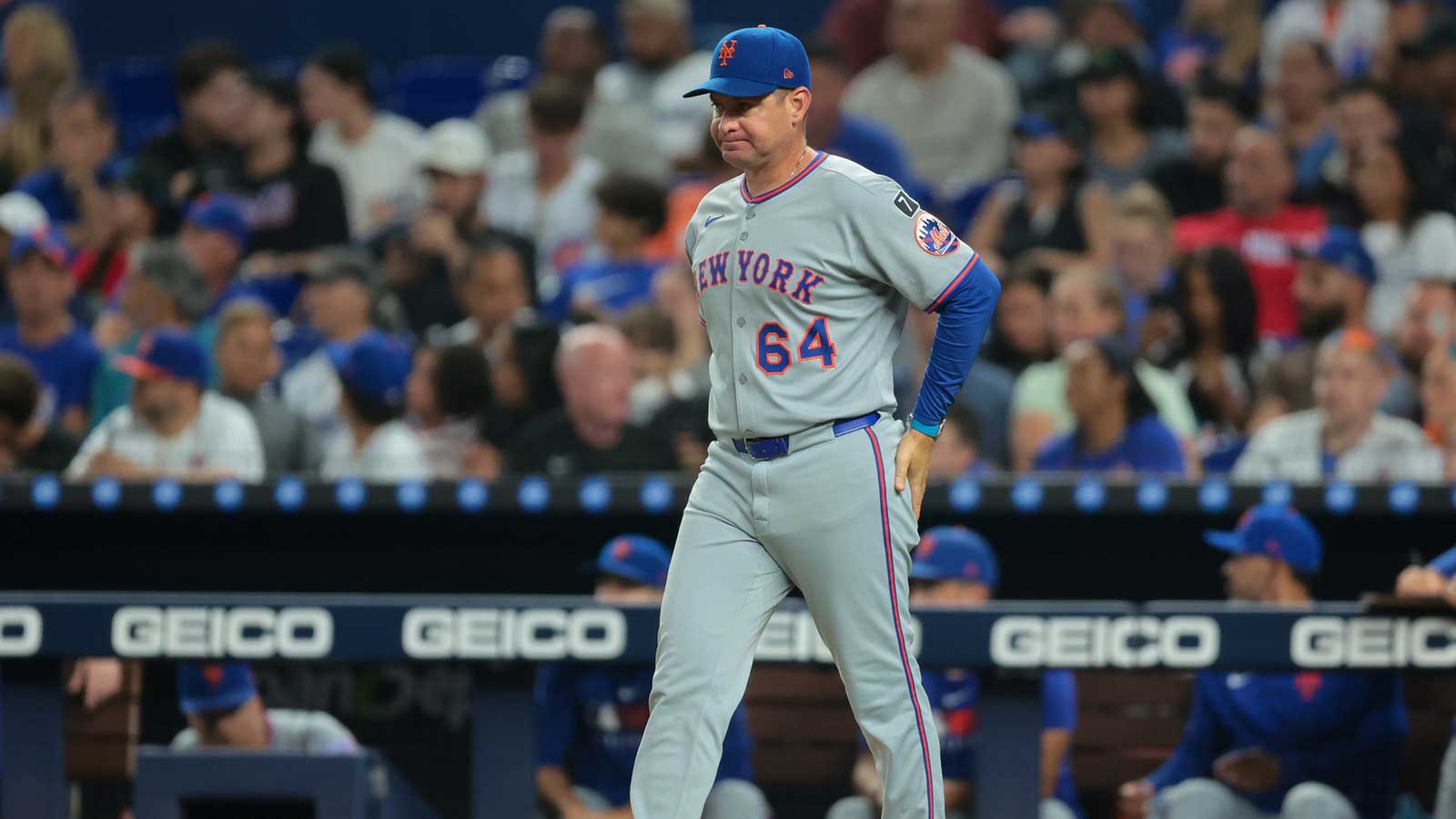In one of the most pivotal moments of the 2025 MLB offseason, the New York Mets have a historic opportunity to fundamentally reshape their championship roster by acquiring elite shortstop Bo Bichette from the Toronto Blue Jays. While the Blue Jays remain favorites to retain their franchise star, the Mets possess the financial firepower and roster construction to make an irresistible offer that could sway Bichette away from his hometown team. This is not merely a transaction—it's an investment in immediate contention for an organization ready to break through in the National League.
Bichette's performance trajectory makes him one of the most attractive shortstops in baseball. After a disappointing 2024 season marked by injury and a .599 OPS, he exploded back onto the scene in 2025 with a .311 batting average, 18 home runs, 94 RBIs, and a stellar .840 OPS. His 129 OPS+ placed him among the elite hitters at his position, and his 3.8 fWAR demonstrated his overall value. At just 28 years old entering the 2026 season, Bichette is in his prime—young enough to anchor a roster for the next decade, yet proven enough to deliver immediate impact.
The Mets' organization understands that championship windows don't stay open for long. With Juan Soto, Francisco Lindor, and Pete Alonso forming the core of a legitimate contender, adding Bichette would create one of baseball's most formidable lineups. This is the moment for the Mets to act decisively.
The Perfect Bo Bichette Contract: 8 Years, $245 Million
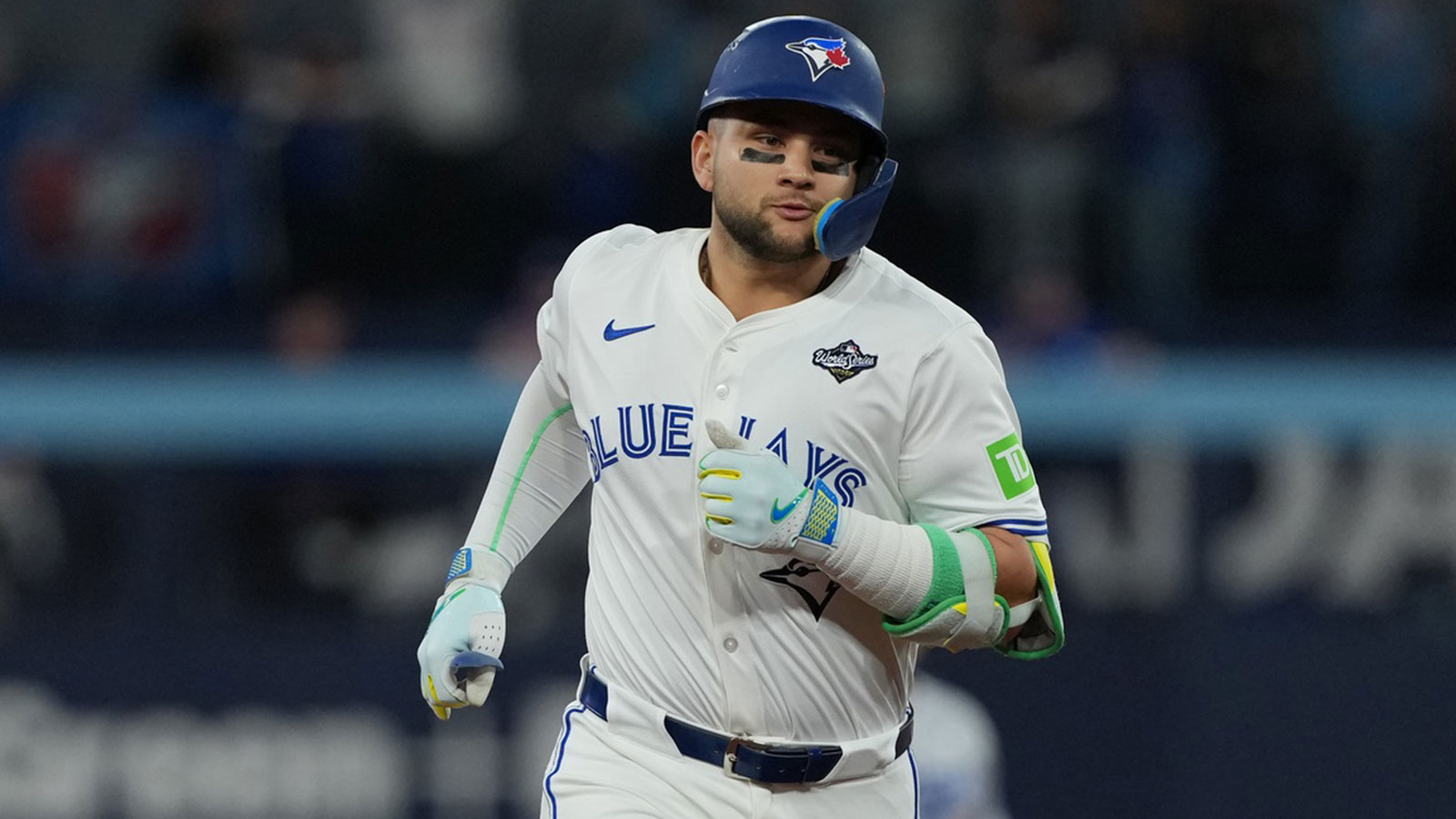
The Mets must present Bo Bichette with an eight-year, $245 million contract—a deal that commands respect and demonstrates the organization's unwavering commitment to winning immediately. This breaks down to an average annual value (AAV) of $30.625 million, placing Bichette among baseball's highest-paid infielders and compensating him appropriately for his star-caliber production.
The contract structure should be meticulously crafted to benefit both parties. The Mets would front-load the deal during the first five years, offering Bichette $33 million annually, giving him immediate financial security and demonstrating good faith. Years six through eight would operate at $27.5 million per year, allowing the Mets flexibility as the contract extends into the later innings of their championship window. Additionally, the deal must include a full no-trade clause—a non-negotiable component that provides Bichette with complete autonomy over his future, appealing to a player who has publicly stated his desire for stability.
To sweeten the offer beyond pure dollars, the Mets should include performance bonuses worth up to $5 million annually based on All-Star selections and Gold Glove awards. These incentives reward excellence while keeping total salary manageable should Bichette's production decline. A $15 million signing bonus provides immediate gratification and proves the Mets' seriousness at the negotiating table.
Why the Mets Can Execute This Deal
Owner Steve Cohen's commitment to winning has established the Mets as one of baseball's most aggressive spenders. The organization has demonstrated willingness to exceed the luxury tax threshold significantly, investing $341 million in payroll during 2025—the second-highest in the majors. Cohen's financial resources are virtually unlimited when championship contention is at stake, and acquiring Bichette represents precisely the kind of bold move the Mets' ownership expects.
The mathematics work favorably for the Mets from a roster construction perspective. While the organization carries substantial commitments through Francisco Lindor ($34.1 million) and Juan Soto ($61.87 million), the team maintains flexibility for additional investments. Pete Alonso's contract includes an opt-out after 2025, potentially creating additional payroll room. Critically, the Mets have sufficient revenue streams and luxury tax penalties are merely considerations for Cohen—not obstacles.
Despite Bichette's well-documented desire to remain in Toronto, the Mets offer advantages the Blue Jays cannot match. First, the Mets' roster positions them as immediate National League favorites. Lindor provides elite defense and consistency at second base, allowing Bichette to focus purely on offensive production while potentially transitioning to second base long-term. Soto, Alonso, and Bichette would form a devastating trio, creating matchup nightmares for opposing pitchers.
Second, Toronto's financial constraints are real. The Blue Jays project a $235 million payroll for 2026, limiting their ability to aggressively pursue both Bichette and necessary rotation upgrades. The Mets present no such limitations—they can offer Bichette a nine-figure commitment while continuing to strengthen every roster dimension.
Third, the Mets represent a fresh start in a vibrant market. While Bichette has expressed loyalty to Toronto, New York offers world-class infrastructure, passionate fans, and an organization demonstrating championship ambitions. Queens deserves a superstar shortstop, and Bichette could become a franchise icon while pursuing the World Series title that eluded him in Toronto.
The Contract Breakdown
The $245 million package is strategically constructed to outpace market projections while remaining sustainable for the Mets' organization. Current market projections suggest Bichette will command between $189 million and $230 million over seven to eight years. The Mets' offer exceeds these benchmarks, signaling unequivocal organizational commitment while positioning the team favorably in negotiations.
This contract is precisely calibrated to surpass competing offers from other potential suitors—the Yankees, Dodgers, Giants, and Tigers have all been mentioned as logical landing spots. By offering superior total value with enhanced front-loading and performance incentives, the Mets create an offer Bichette cannot refuse without directly contradicting his stated desire for financial security.
The Mets' eight-year, $245 million offer to Bo Bichette represents far more than a financial transaction—it's a philosophical declaration that this organization is committed to competing for championships immediately. With the right structure, incentives, and strategic presentation, this deal becomes impossible for Bichette to refuse. The Blue Jays possess emotional attachment and history, but the Mets offer financial security, organizational resources, and a legitimate pathway to October success.
In baseball's ruthless offseason chess match, timing is everything. The Mets have the resources, roster positioning, and championship aspirations to pull off one of the offseason's marquee acquisitions. Bichette to Queens isn't merely possible—it's the logical destination for a star athlete seeking both financial security and immediate championship contention. The time to make this move is now.









